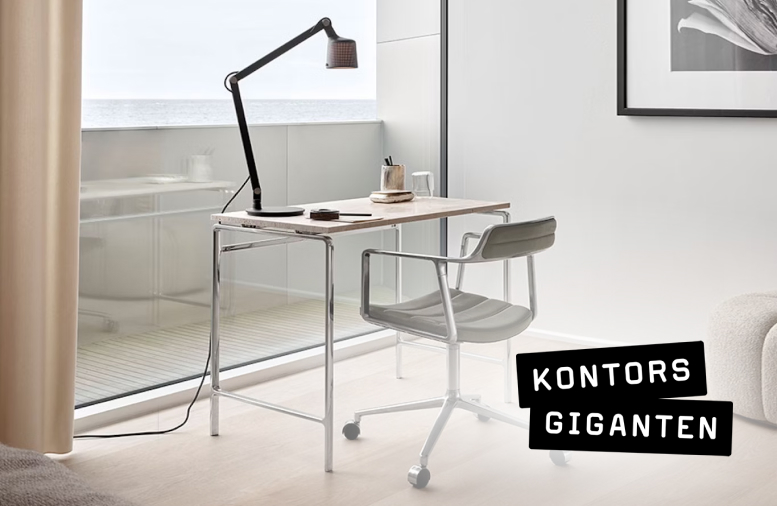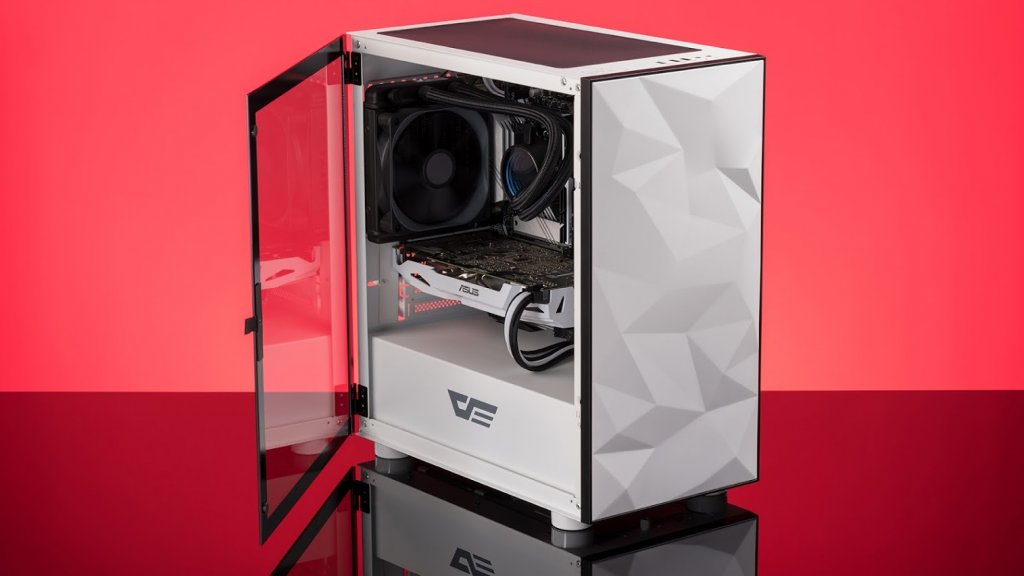




Choosing the Right PC Case: Key Considerations

When assembling a PC, selecting the right case is crucial for functionality, ventilation, and aesthetics. Modern cases cater to various needs, from technical features to design. A well-chosen case enhances your PC's performance and provides room for upgrades. Here are the key factors to consider:
1. Form Factor and Motherboard Compatibility
PC cases come in different sizes, such as Full Tower, Mid Tower, and Mini Tower. Your motherboard's size (ATX, Micro-ATX, Mini-ITX) should match the case, ensuring enough space for components and good airflow.
2. Cooling System Compatibility
For high-performance PCs, cooling is essential. Basic setups use air cooling, while more advanced PCs might require liquid cooling. Cases should have enough space for cooling systems and support additional fans for better ventilation.
3. Built-in Connectors and Controls
Modern cases typically include USB ports, headphone jacks, and sometimes card readers. Consider cases with well-placed ports, especially if you use external devices frequently. Some cases also feature controls for cooling and lighting systems.
4. Ease of Operation and Maintenance
Look for cases with tool-free access and good cable management features. Rubber feet can reduce vibrations and noise, while dust filters prevent internal dust buildup. Regular cleaning of dust filters helps maintain airflow and system efficiency.
5. Cable Management and Dust Protection
Efficient cable management keeps the system neat and improves airflow. Built-in dust filters protect components from overheating and require regular maintenance.
Conclusion
Choosing the right PC case ensures your system’s components are protected, properly ventilated, and easy to upgrade. Consider form factor, cooling options, built-in features, and ease of maintenance for a reliable, long-lasting setup.